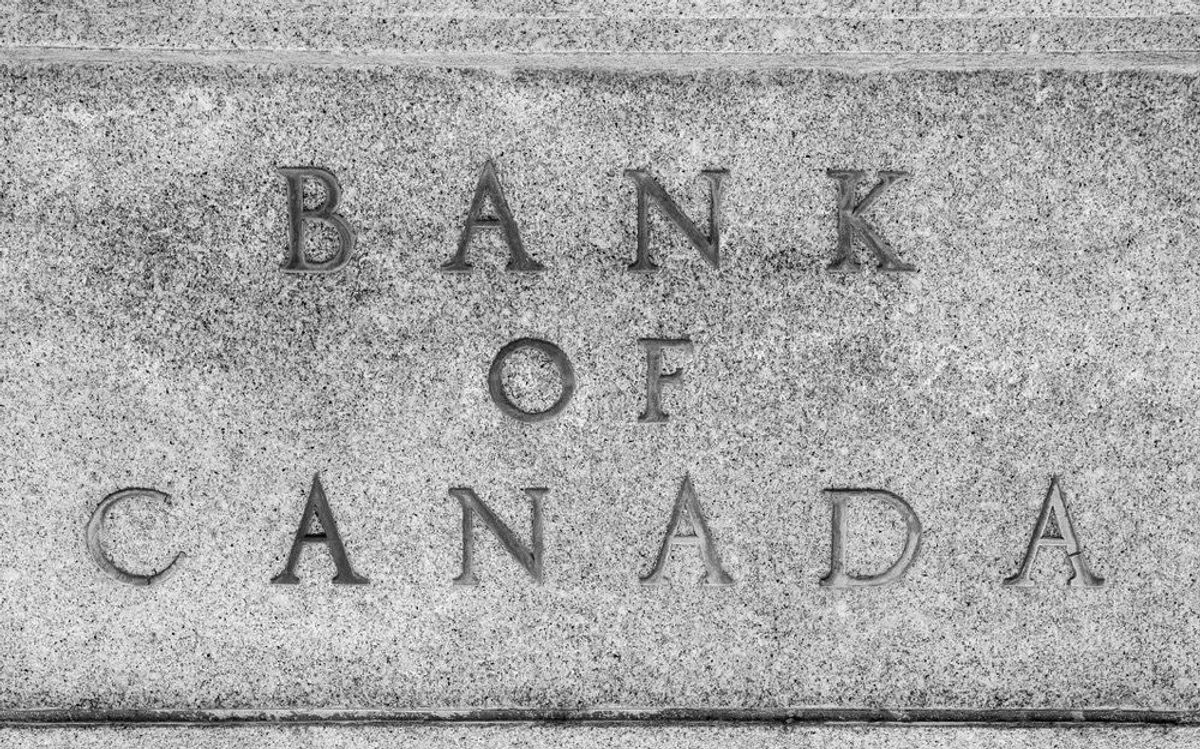Today, the Bank of Canada announced that it will keep its rates steady. This news comes after economists predicted that rates would get cut this month due to a slowdown in the Canadian economy and the escalation of trade tensions.
In keeping its overnight rate at 1.75 per cent, the Bank of Canada appears content with the country’s economic performance, employment rate and inflation. Global issues affecting this decision include trade wars and monetary policy decisions by competitors.
READ: Economists Predict Bank Of Canada Will Cut Rates In September
“Canada’s economy is operating close to potential and inflation is on target. However, escalating trade conflicts and related uncertainty are taking a toll on the global and Canadian economies. In this context, the current degree of monetary policy stimulus remains appropriate,” stated a press release by the Bank of Canada.
The proliferation of the US-China trade conflict has resulted in a decrease of world trade and a weakening of business investment. In turn, this affected the global economy more than the Bank of Canada had previously predicted. In the United States, growth has slowed but remains steadfast largely in part due to spending by consumers and the government.
READ: Bank Of Canada Lowers Mortgage Rate For 1st Time In 3 Years
According to the Financial Post, the trade war is getting harder to ignore by the Bank of Canada. If two cuts to interest rates were to be made over the next 12 months, the Financial Post reported, this would still leave Canada with the highest policy rate among advanced economies.
As an outlier, Canada had a slow start to the year but has remained stable amidst the global economic turndown. Growth in Canada had a strong 3.7 per cent annualized pace in the second quarter of the year.
READ: Longer-Term Mortgages Can Lead To A Safer Economy: BoC Governor
In the year’s second quarter, Canada has seen strong growth, exceeding bank predictions. However, this growth is likely temporary, driven by a rebound in energy production and solid export growth, both of which had weak performances first quarter. Further, resales and housing starts are gaining momentum, catching up to demand.
“Consumers who require a new mortgage in the fall will continue to have attractive fixed rates available to them and the variable rate will remain unpopular since it continues to be higher than fixed rates,” noted James Laired, Co-founder of Ratehub Inc. and President of CanWise Financial.





















